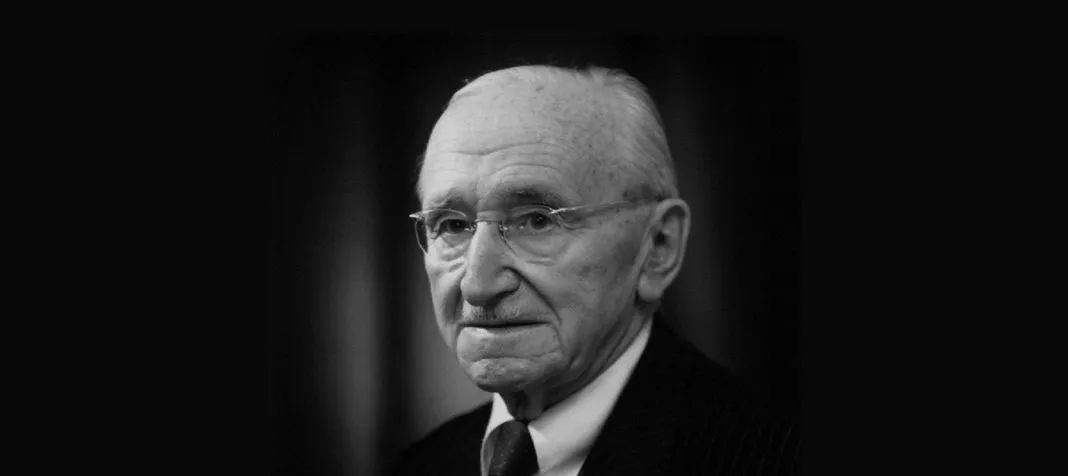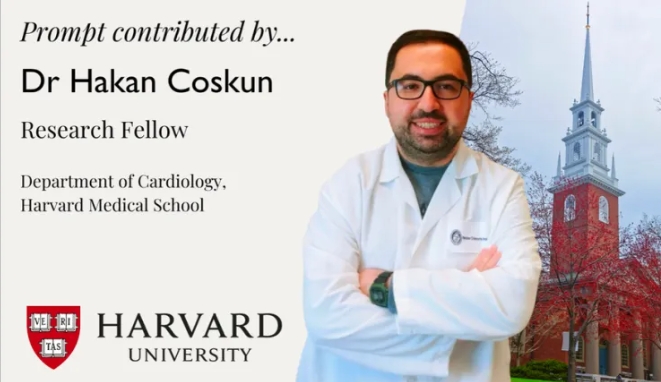
Student Research Projects in History
Student research projects in history play a vital role in fostering critical thinking skills, deepening knowledge of historical events, and honing research abilities. These projects provide students with the opportunity to engage in hands-on learning, develop analytical skills, and gain a deeper understanding of the past. In this article, we will explore the benefits of student research projects in history and provide guidance on how to effectively conduct and present such projects.
1. Benefits of Student Research Projects in History
Engaging in student research projects in history offers numerous benefits to students. Firstly, it allows students to delve deep into historical events and personalities, enabling them to develop a comprehensive understanding of the past. Through the research process, students learn to analyze primary and secondary sources, critically evaluate historical information, and draw evidence-based conclusions.
Secondly, student research projects in history help students enhance their critical thinking and problem-solving skills. By grappling with complex historical issues, students learn to think critically, evaluate different perspectives, and construct coherent arguments based on evidence. This process not only strengthens their analytical abilities but also enhances their ability to communicate effectively.
Furthermore, student research projects in history empower students to take ownership of their learning and follow their interests. By choosing research topics that resonate with them, students become more engaged and motivated to explore the complexities of history. This sense of ownership fosters a deeper passion for historical inquiry and allows students to develop a sense of agency in their academic pursuits.
2. Conducting Student Research Projects in History
When embarking on a student research project in history, it is essential to start by selecting a research topic that is both relevant and intriguing. Students should choose a topic that aligns with their interests and allows them to explore new aspects of history. Once a topic is selected, students should conduct thorough research using a variety of primary and secondary sources to gather information.
After gathering research material, students should analyze the information critically, identify key themes and arguments, and develop a coherent research question or thesis statement. This process involves synthesizing information from different sources, evaluating the credibility of sources, and constructing a well-supported argument based on evidence.
Once the research is complete, students should organize their findings into a structured research paper or presentation. It is important to provide proper citations for all sources used and adhere to academic integrity guidelines. Finally, students should present their research findings in a clear and compelling manner, using supporting evidence to substantiate their arguments.
3. Presenting Student Research Projects in History
Presenting student research projects in history requires careful consideration of the audience and the purpose of the presentation. Whether presenting in a classroom setting, at a historical society, or in a research competition, students should tailor their presentation to effectively communicate their research findings.
When presenting a research project, students should begin by providing an overview of the research topic and explaining the significance of their research question. They should then present their findings, supporting evidence, and conclusions in a clear and organized manner. Visual aids such as maps, timelines, and images can help illustrate key points and make the presentation more engaging.
During the presentation, students should be prepared to answer questions from the audience and defend their research conclusions. By demonstrating a deep understanding of their research topic and engaging in thoughtful dialogue with the audience, students can showcase their research skills and academic acumen.
4. Conclusion
Student research projects in history offer students a valuable opportunity to deepen their understanding of the past, develop critical thinking skills, and hone their research abilities. By engaging in hands-on historical inquiry, students can cultivate a passion for history, foster analytical thinking, and enhance their communication skills. Through effective research, careful analysis, and clear presentation, students can make meaningful contributions to the field of history and advance their academic pursuits.
Frequently Asked Questions (FAQ)
Question: How can students choose a research topic for a history project?
Answer: Students should choose a research topic that aligns with their interests and allows them to explore new aspects of history. They can seek inspiration from their coursework, historical events, or personal interests to select a compelling research topic.
Question: How can students effectively present their research findings in a history project?
Answer: Students can present their research findings effectively by providing a clear overview of the research topic, organizing their findings in a structured manner, using visual aids to illustrate key points, and engaging with the audience through thoughtful dialogue and discussion.
Question: What are some good sources for conducting research in history projects?
Answer: Students can utilize a variety of primary and secondary sources for conducting research in history projects, including academic books, journal articles, historical documents, archival materials, and online databases. By consulting a diverse range of sources, students can gather comprehensive information and develop a nuanced understanding of their research topic.







